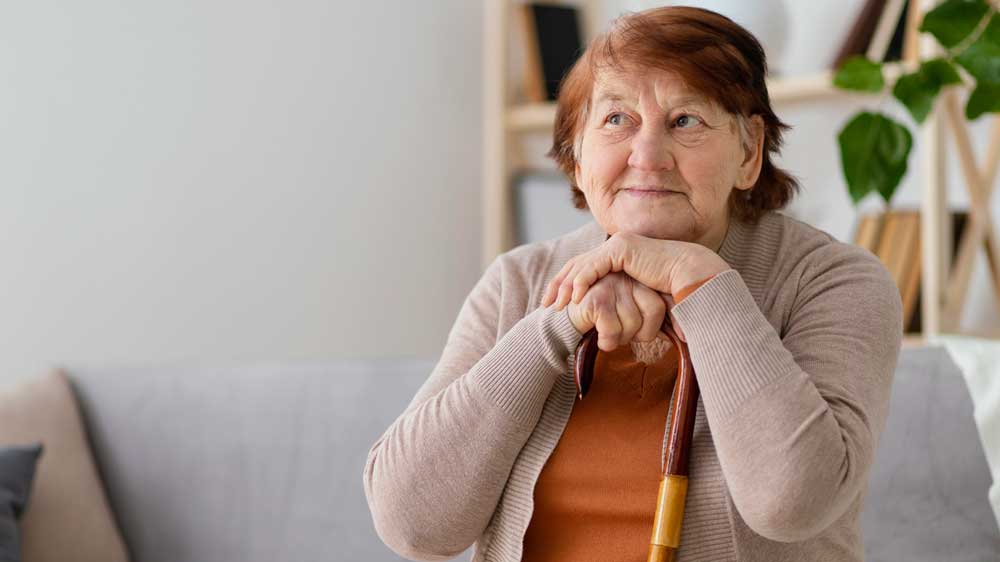Yes, sometimes it is stressful to deal with an elderly person at home. But keep in mind that it is not easy for them to become dependent on you or others for their care. It is good to know that understanding the individuals’ personality, health case, and habits, among other characteristics is important as it will help you communicate vital tips that will allow them to continue to live happily and to an extent independently. The elderly’s well-being will reflect on the people around them, especially their close family members and caretakers. Trust me, this is an easy approach that will make all the difference!
What is the utmost important advice that I can give you is to be organized and never hesitate to ask for help. Reach out to professionals, physical therapists, parents, friends, and even your neighbors. That is the advantage of the collectivistic culture that we pride ourselves within the Middle East; our neighbors become our friends and family members in many cases.
So, when it comes to being organized, your checklist is:
• Visits’ scheduling
• Medication check
• Hired help
• Expenses’ tracking
A first tip that I always share is to make modifications in their home for their safety. For example, moving the carpets to reduce the risk of falling. Also, accommodate the placement of furniture so that the home becomes more accessible for the wheelchair or the walker.
Be patient to hear the same old story a million times like it is your first time.
Try your best not to overprotect them because they need to believe in themselves and their capacity. Small tasks like eating, showering, or dressing may need a huge effort. While offering your help, do preserve their dignity.
Encourage the feeling of usefulness, like asking your old mother to help you prepare your favorite dish or give you her special recipe. You can also ask your old dad to help you fix your broken vase or to guide you into fixing it yourself.
Keep them connected to you, to their grandkids if they have ones, to their siblings, to close family friends, and make sure you keep them updated on what is happening in the outside world through your storytelling.
Always remember elderly need to feel love and security. For their well-being, they need to be kept active, mentally and physically.
Now that we have the mental part covered, let us focus on the physical aspect.
Physical therapy care helps strengthen weak muscles and increase mobility.
Research has shown that it is important to get all four types of exercises: endurance, strength, balance, and flexibility.
Regular exercises can prevent the loss of bone mass and improve balance, hence actually contributing to reducing the risk of falling.
Here are tips to reduce the risk of your elderly falling during physical movements:
• Ensure regular testing for their eyes and hearing.
• Make sure that they get enough sleep.
• Plan regular exercise time.
• Help them to stand up slowly.
• Make them wear low heeled shoes, rubber-based that are non-slippery.
• Use an assistive device if needed as this will give them extra stability and more confidence to give it a try. I sometimes decorate their walker with their favorite scarf, so it feels familiar to them.
Anyone who has taken care of the elderly knows how hard it is for them to get up from a chair. Make modifications to ensure that it is practical for them to get up.
Here are some helpful tips:
• Modify the seat or chair so that it is elevated, choose a model with armrests, and make sure it is positioned on a firm surface.
• Help the elderly to move his/her bottom toward the edge of the chair, position the feet to be shoulder wide apart, and just underneath the knees. Hands can be on a firm support, the armrests, or on the front of the seat.
• Nose over toes! Looking nose over toes to get the body forward.
• Ask them to find a focal point to focus on while ascending.
Finally, listen to your elder’s advice and words of wisdom. Not because they are always right, but because they have more experiences and life lessons learned from being wrong!

